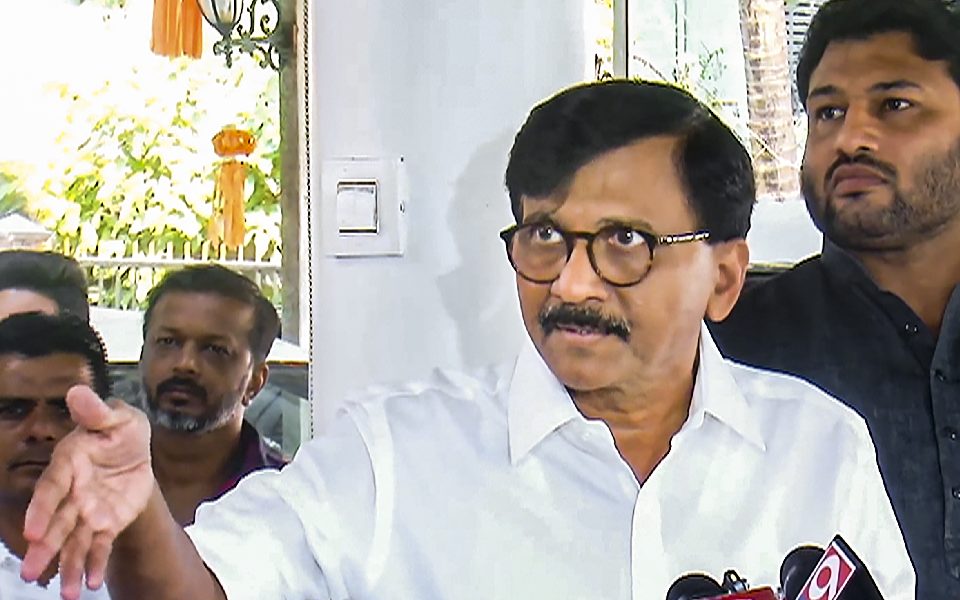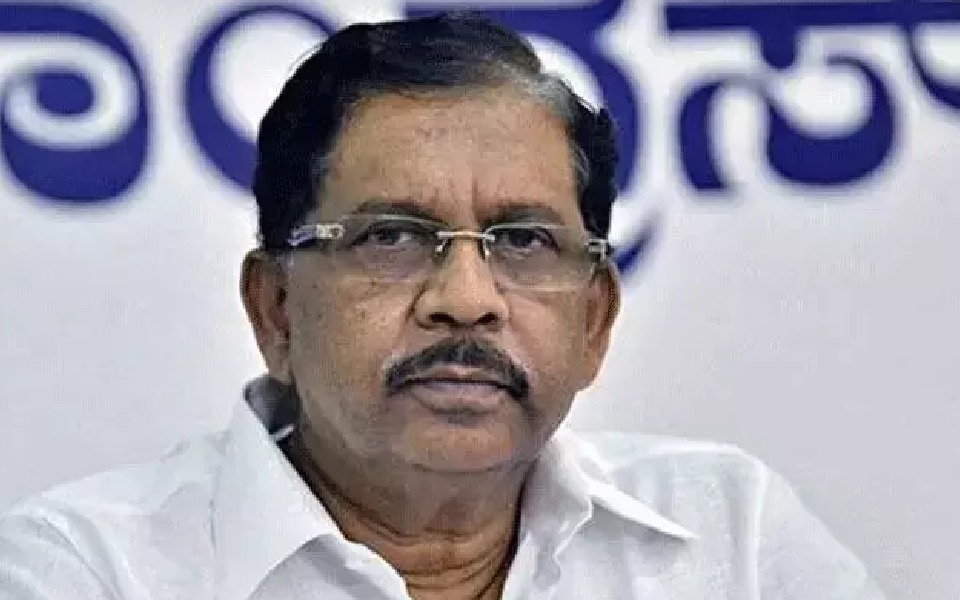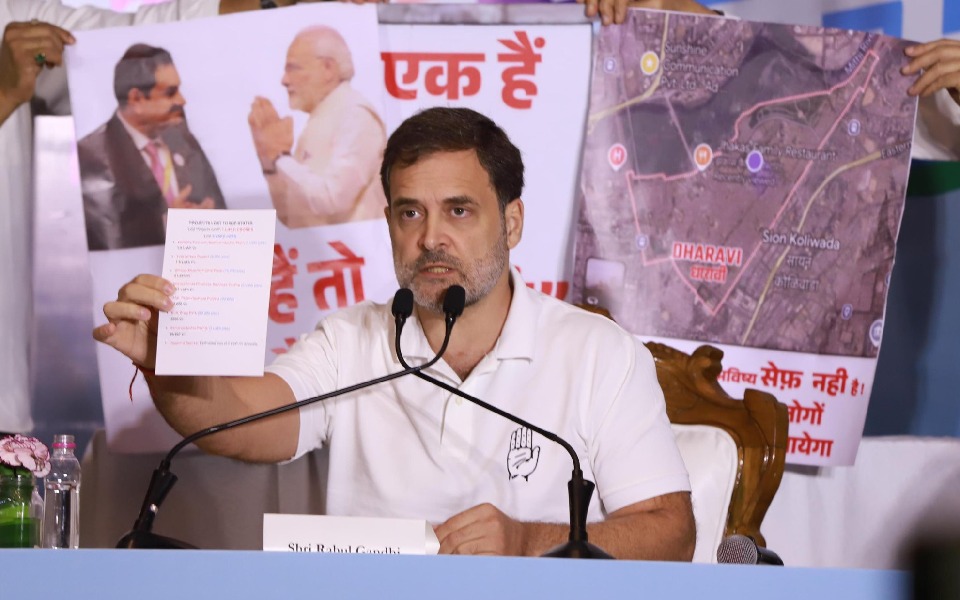Mobile phones have emerged as the main medium of banking and online shopping and communication in the digital era. But the alarming fact is that scams are becoming a very frequently affairs, and gullible consumers fall an easy prey to frauds owing to its excessive usage. Indian telecom regulatory has issued warnings to citizens against various forms of scams particularly first initiated by a call on the phone.
Recently, complaints related to cybercrime are rapidly on the rise, according to the National Crime Records Bureau and Indian Cyber Crime Coordination Centre. And 2022 has recorded 956,790 for the year and this year the tally has risen to 1,556,215, a leap of 60.9 per cent year-on-year. More than 740,957 complaints are already logged in by April 2024. The alarming reality that fraud pertaining to mobile devices is the most frequently reported issue has increased. It is crucial to remain vigilant against frauds due to the rapid advancements in technology. One element of the first line of defense is awareness. Your best protection against potential fraud is to be aware of these typical scams and know how to respond to them.
Common Scams and how they operate:
- TRAI Scam Calls:
Calls from TRAI representatives claiming that your phone number is connected to some illegal activity. Your services will be suspended if you fail to pay Rs 25,000. They put you in touch with a con artist posing as a cybercrime investigator. Remember, TRAI does not abruptly stop providing services; the telecom firms handle that. These calls need to be reported right away. - Digital Arrest Threats:
There have been cases whereby victims have received calls from fraudsters stating that they are police and would arrest the victim or their family members digitally due to some crime. A person may receive an online interrogation supposedly by a CBI officer. The authorities have clarified that such a thing is not possible; the police do not arrest someone like that digitally. If the call threatens, cut it off and verify the same with the concerned officers. - Family Member Scams:
Thieves pose as police officers and say that a loved one has committed a serious crime and is going to prison unless money is paid to them to get them out of prison. They even use AI technology to mimic the voice of your family member. In this situation, remain calm and ask your family member if everything is okay before taking any action. - Investment Scams:
Social media is full of fake adverts promising that outrageous 30-40% returns are awaited from your stock investments. Many people fall for it and end up at fake websites, where they find this fabricated portfolio. For some time, they get great return on investments, so they invest a bit more. When they try to withdraw the money, scammers disappear in thin air. Always be wary of such investment schemes promising you good returns with minimal risk. - Easy Money Gains: Scammers promise generous payments for even the lowest tasks such as liking videos or messages on social media. They then invest in cryptocurrencies or other assets. A brief illusion of legitimacy is created when, for a moment, the amount in their accounts is replenished, and they deposit large amounts of money; then these scammers disappear. 'Get-rich schemes' should be avoided.
Victims could be told that some contraband is retained by customs. Such news creates so much panic that often blinds them to agreeing to pay fees to settle the issue. One click on the links furnished can allow fraudsters to access devices. Verify with proper customs authorities before acting. - Credit Card Scams:
Scammers would call you seeking to know whether such a huge transaction has occurred on your credit card issued in your name and ask for confirmation. They then transfer you to another fraudster who will request sensitive information that deals with cards and OTP. If indeed there had been an issue of your credit card, you would have known because your bank would have been intimating you of the same. - Fake Money Transfer Alerts:
It's very common to receive a message saying money has been put into your account and along with that, someone is giving you a call saying you are mistaken, or even those online scamsters asking for its return. Just verify with your bank statement beforehand. - Updates on KYC:
Be cautious of messages requesting you to update your KYC information with a link they provide. It may be possible that it takes you to a phishing site that requires your personal information. Banks will never ever call or text you to update your KYC details. Always go to the branch for this exercise. - Tax Refund Fraud:
Frauds might call claiming to be tax officials but that they could help speed up the refund of your taxes seeking confidential bank details. The tax authority already has the banking details. Even as they claim to talk to you, they still do that through official channels. In case you receive such a call, report it immediately.
Tips for staying safe:
• Verify information: Always cross-check claims made over the phone with official sources.
• Do not share personal information: Never provide personal details, especially sensitive information like bank account numbers or OTPs, over the phone.
• Educate yourself and others: Stay informed about common scams and educate your family and friends, especially older individuals who may be more susceptible.
• Report scams: If you encounter any suspicious calls or messages, report them to the authorities immediately.
Remember, when in doubt, it's always best to hang up and verify with a trusted source before taking any further action. Stay safe!
Let the Truth be known. If you read VB and like VB, please be a VB Supporter and Help us deliver the Truth to one and all.
Mumbai, Nov 25: Shiv Sena (UBT) MP Sanjay Raut on Monday demanded a re-election in Maharashtra using ballot papers, claiming there were irregularities with the electronic voting machines (EVMs).
Talking to reporters, Raut alleged several complaints about EVMs malfunctioning and questioned the integrity of the recently held elections.
The BJP-led Mahayuti won 230 out of 288 seats in the assembly elections, while the opposition Maha Vikas Aghadi managed 46 seats, with Shiv Sena (UBT) winning just 20 out of 95 seats it contested.
"We have received nearly 450 complaints regarding EVMs. Despite raising objections repeatedly, no action has been taken on these issues. How can we say these elections were conducted fairly? Hence, I demand that the results be set aside and elections be held again using ballot papers," Raut said.
Citing some instances, he said a candidate in Nashik reportedly received only four votes despite having 65 votes from his family, while in Dombivli, discrepancies were found in EVM tallies, and election officials refused to acknowledge the objections.
The Sena (UBT) leader also questioned the credibility of the landslide victories of some candidates, saying, "What revolutionary work have they done to receive more than 1.5 lakh votes? Even leaders who recently switched parties have become MLAs. This raises suspicions. For the first time, a senior leader like Sharad Pawar has expressed doubts about EVMs, which cannot be ignored."
Asked about the MVA's poor performance in the elections, Raut rejected the idea of blaming a single individual.
"We fought as a united MVA. Even a leader like Sharad Pawar, who commands immense respect in Maharashtra, faced defeat. This shows that we need to analyse the reasons behind the failure. One of the reasons is EVM irregularities and the misuse of the system, unconstitutional practices, and even judicial decisions left unresolved by Justice Chandrachud," he said.
Raut stressed that though internal differences might have existed within the MVA, the failure was collective.
He also accused the Mahayuti of conducting the elections in an unfair manner.
"I cannot call the elections fair given the numerous reports of discrepancies in EVMs, mismatched numbers, and vote irregularities across the state," Raut said.





